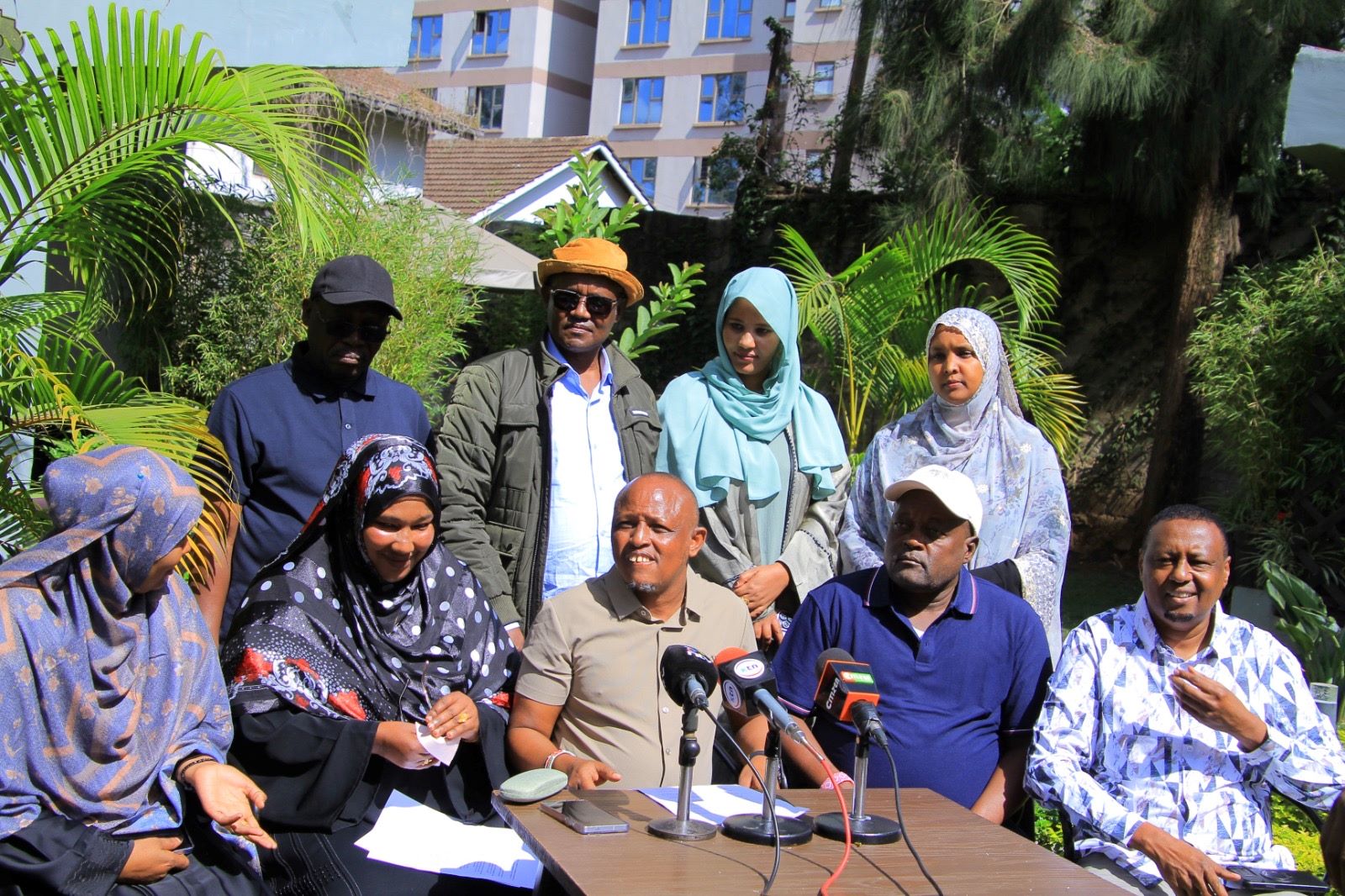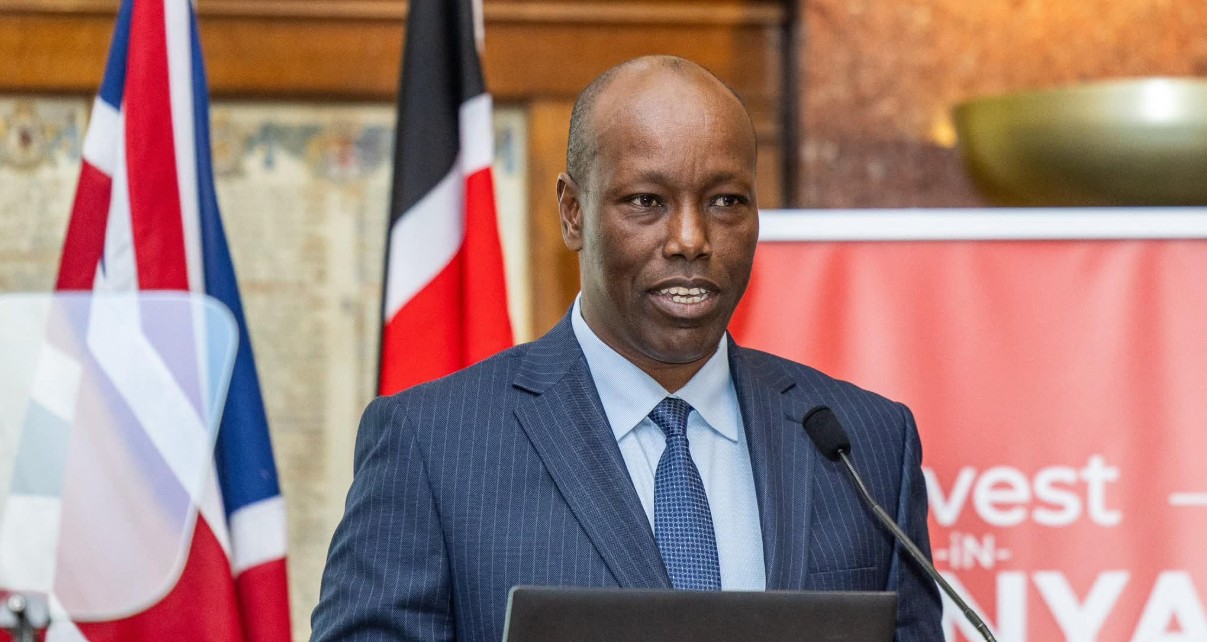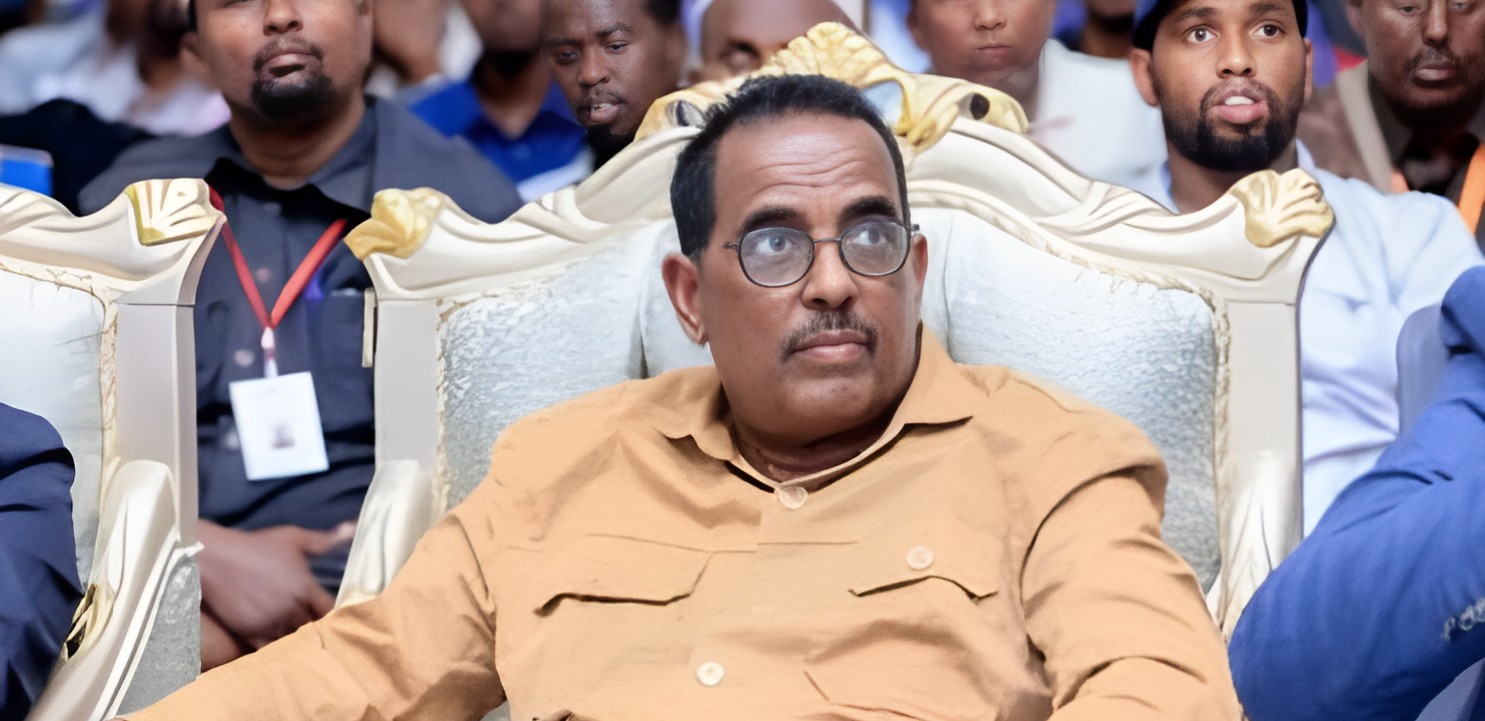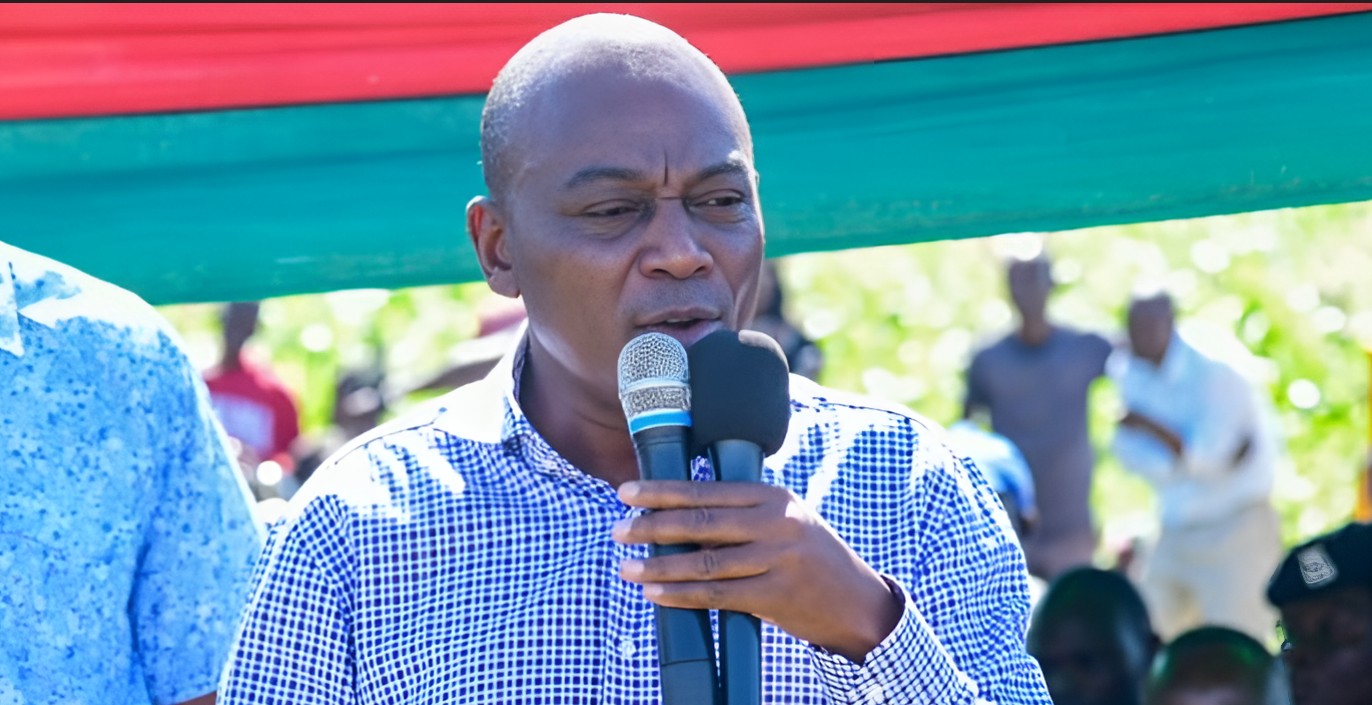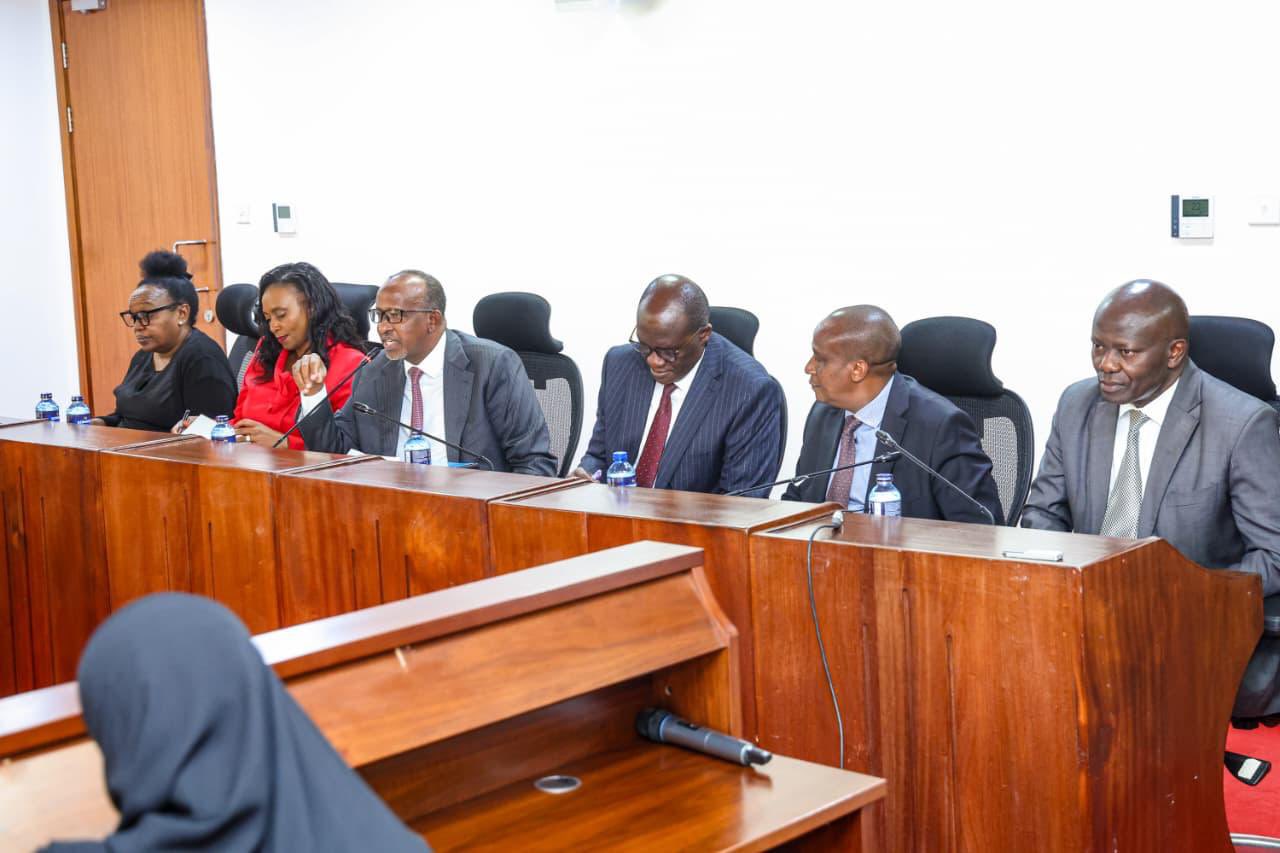MPs say no to cheap steel imports, back local industries
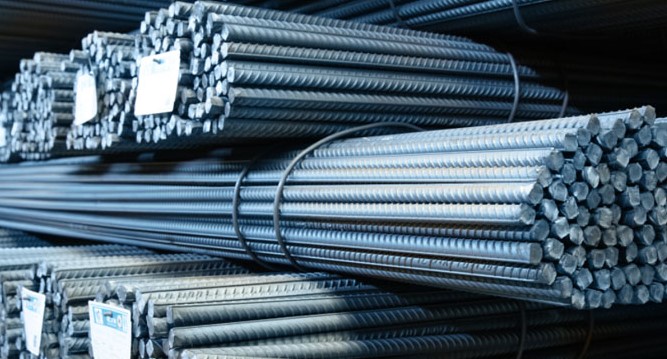
The Finance and National Planning Committee told Parliament that retaining the 17.5 per cent levy was crucial in shielding local firms that produce similar materials.
The National Assembly has rejected a proposal by the National Treasury to lower import levies on iron and steel, saying the move would frustrate efforts to grow local industries and create jobs.
The Treasury had proposed reducing the export promotion and investment levy on semi-finished iron or non-alloy steel with less than 0.25 per cent carbon from 17.5 per cent to 10 per cent, along with a similar reduction on bars and rods of non-alloy steel.
More To Read
- Controller of Budget warns of funding delays as counties miss budget deadlines
- MPs push to review controversial tax exemption granted to Kenyatta and Moi estates
- High Court declines to hear petition on Treasury tax exemptions, says Supreme Court has jurisdiction
- MPs summon Treasury PS Chris Kiptoo over unaccounted eCitizen funds
- Delays worsen for retirees as debt pressure mounts amid Sh207 billion pension payout
- Food security in Africa at risk without increased agriculture budgets, ministers warn
The levy is charged on select imported goods under the Miscellaneous Fees and Levies Act at the point of entry into the country.
The Finance and National Planning Committee told Parliament that retaining the 17.5 per cent levy was crucial in shielding local firms that produce similar materials.
“The committee observed that the export promotion and investment levy was first imposed in the Finance Bill 2023 during a time when the government policies were indicative of the sheer effort of the government to encourage local manufacturing and cushion the local manufacturing market from an inherently disruptive and unpredictable global market,” read the committee report.
MPs said the country should give the current levy regime time to take full effect instead of adjusting it prematurely.
“Therefore, there is a need to allow existing tariff rates to be implemented, as their effects may not be felt in the short run. Therefore, reviewing the rates at this time will negate the government’s intention to protect local industry, spur local manufacturing and create jobs,” the report added.
The Act lists the objectives of the levy as promoting investment, boosting exports, conserving foreign exchange, growing the manufacturing base, and creating employment.
Items that fall under this levy include cement clinkers, paperboards, kraft paper, sacks and bags. However, the levy does not apply to goods from East African Community member states that meet the region’s rules of origin.
All funds collected from the levy are deposited into a designated account managed under the Public Finance Management Act.
Top Stories Today
- Why Stephen Munyakho spent 14 years on death row despite 5-year sentence
- 'I lacked patience': Stephen Munyakho regrets fatal altercation in Saudi that changed his life
- Cold season pushes Kenya’s power demand to historic peak
- China flagged as key source of tobacco imports as Kenya imposes ban
- Section of Isiolo MCAs dismisses fraud claims in 2025/26 budget approval
- Somalia recognises SSC-Khatumo as federal state amid push for national unity



